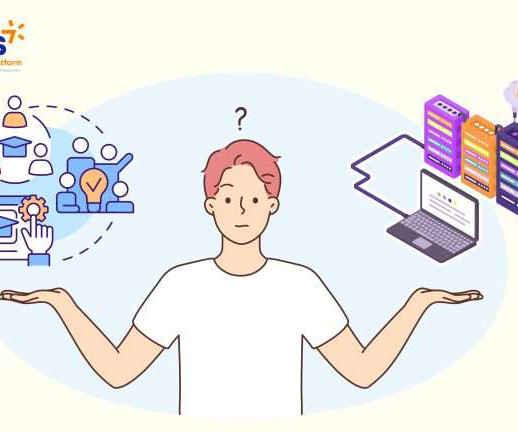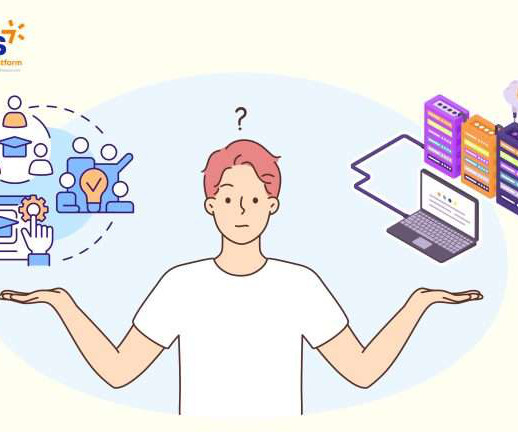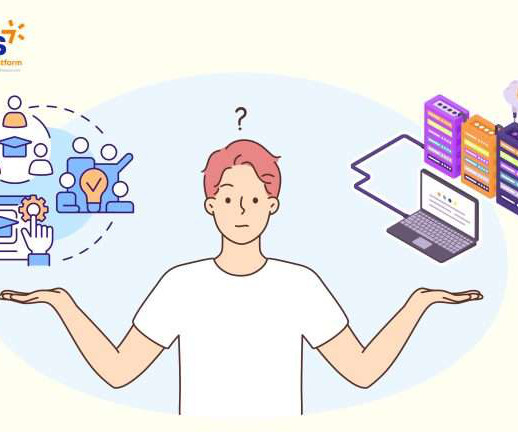Exploring Various eLearning Formats: A Comprehensive Guide
Gyrus
MARCH 15, 2024
Types of eLearning Formats Some of the common types of eLearning formats include: Synchronous eLearning Synchronous eLearning refers to real-time learning where learners and instructors interact simultaneously. It often involves live webinars, virtual classrooms, or video conferences.













Let's personalize your content